New Oceana Report: Less than 1% of Highly Migratory Sharks Caught in Atlantic Protected from Overfishing
Press Release Date: November 15, 2011
Location: Istanbul, Turkey
Contact:
Anna Baxter | email: abaxter@oceana.org
Anna Baxter
Oceana, the largest international advocacy group working solely to protect the world’s oceans, released a new report today that finds less than 1% of the highly migratory sharks reported caught in the Atlantic Ocean are protected from overfishing by the International Commission for the Conservation of Atlantic Tunas (ICCAT), whose 22nd Regular Meeting is currently underway in Istanbul, Turkey. According to the new report, 75% of the highly migratory shark species being caught in ICCAT fisheries are classified as threatened in parts of the Atlantic by the International Union for the Conservation of Nature (IUCN).
“Protecting the oceans top predators is not a luxury, but a necessity,” said Elizabeth Griffin Wilson, senior manager of marine wildlife at Oceana. “While some progress has been made towards shark management, the vast majority of sharks caught in the Atlantic remain unprotected by ICCAT. The fishing countries of the Atlantic can no longer ignore that shark populations are being decimated by ICCAT fisheries.”
Most shark species in the Atlantic are vulnerable to overfishing because of their exceptionally low reproductive rates. In fact, the IUCN considers porbeagle sharks critically endangered in the Northeast Atlantic and a recent scientific report found that silky sharks are the most vulnerable to overfishing by longliners in the Atlantic. Other unmanaged shark species in the Atlantic include shortfin mako and blue sharks, which are the two species most frequently reported to be caught in ICCAT waters.
Currently, ICCAT only has protections in place for bigeye thresher, hammerhead and oceanic whitetip sharks. Oceana is calling on ICCAT, which is composed of 48 countries that fish in the Atlantic, to adopt the following actions to protect sharks: 1) prohibit the retention of endangered or particularly vulnerable species, including porbeagle and silky sharks; 2) establish science-based precautionary catch limits for blue and shortfin mako sharks; 3) require reporting of catch data as a prerequisite for landing a particular shark species; and 4) improve the current ICCAT finning measure by requiring that sharks be landed with their fins wholly or partially attached in a natural manner.
”The capture of sharks as both bycatch and targeted species by ICCAT fisheries is having detrimental impacts on our oceans top predators,” said Griffin Wilson. “It is time to stop putting short-term financial interests before the long-term health of our oceans.”
Shockingly, 50% of ICCAT fishing countries did not report any shark catches in 2009, the most recent year for which data is available. Misreporting of shark catch data and confusion over reporting requirements are widespread issues at ICCAT and limit the ability to adequately assess the impact of fisheries on shark species.
Earlier this month, United States Senators Kerry, Leahy, Bingaman, Lieberman, Boxer, Snowe, Wyden, Reed, Lautenberg, Cardin, Whitehouse, Merkley and Begich, showed their support for U.S. action to protect sharks at ICCAT by sending a letter to Dr. Jane Lubchenco, Administrator of the National Oceanic and Atmospheric Administration.
Oceana is also urging ICCAT to address the overfishing of Mediterranean swordfish and the bycatch of numerous vulnerable species, including sea turtles, marine mammals and sea birds, that are being caught in these fisheries.
For more information about ICCAT, sharks and swordfish, and for downloadable images, please visit www.Oceana.org/ICCAT.



